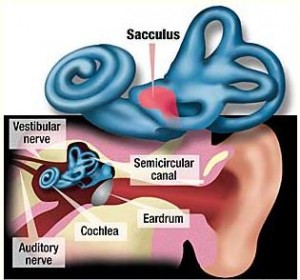New research is suggesting that our characterization of St. Nicholas as a jolly elf with a belly that bounces like a bowl full of jelly when he laughs may be very accurate.  That is not to say that ‘Yes, Virginia, there is a Santa Clause;’ but rather the research is suggesting that those who have extra fat around their midsection get more pleasure out of deep belly laughs.
That is not to say that ‘Yes, Virginia, there is a Santa Clause;’ but rather the research is suggesting that those who have extra fat around their midsection get more pleasure out of deep belly laughs.
Laughing is good for you mentally and physically. Research has shown that laughing reduces stress, lowers blood pressure, elevates mood, increases immune system functioning, improves brain functioning, protects the heart, is relaxes your body and mind, increases energy, and helps you connect to others. Laughing can stimulate your brain, abdominal muscles, and dopamine receptors. The simple act of contorting facial muscles into the shape of a smile, stimulates your brain to release chemicals that make you feel happy; imagine the power of laughing.
There are many types of laughter: snickers, giggling, snorts, chuckles, guffaws, taunting, near hyperventilation, and belly laughs. Apparently not all laughs are created equal. What the research is suggesting is that to get the longest lasting effects and feelings of jolliness, one must laugh with an intensity that vibrates the fat pad that lies over the abdominal muscle wall. When your belly shakes like a bowl full of jelly, the vibrations extend and intensify the chemical effect of laughter.
If you would like to be as jolly as St. Nick, especially if you have a rounder belly, don’t hold back with your laughter. Allow your joy to be a full body experience and it will last long past the joke that you originally found entertaining. Learn more about this research at Happy April Fool’s Day from DietsInReview.com!






